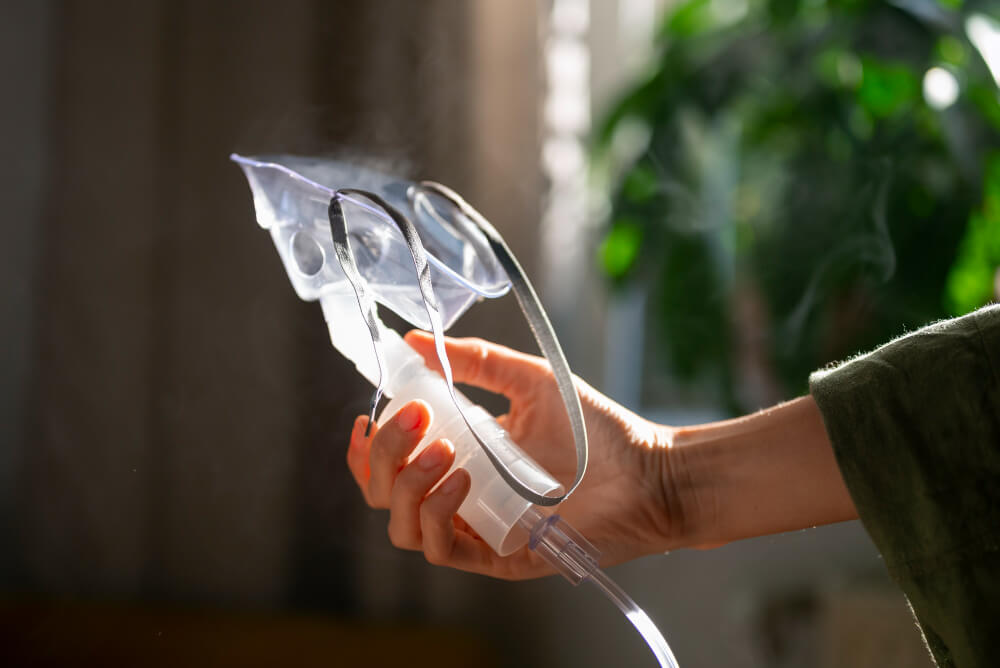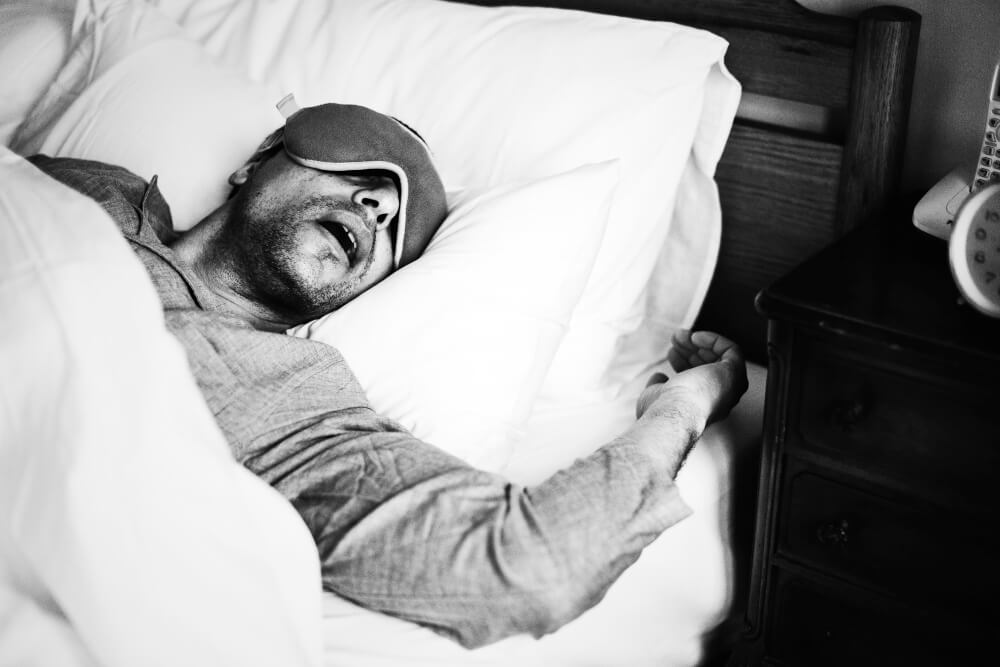Sleep Apnea Symptoms? Stop Snoring, Start Breathing Easy Again
The rhythmic symphony of snores can be a familiar sound in many bedrooms. While occasional snoring may be a nightly nuisance, it can also mask a more serious sleep disorder: sleep apnea. This condition disrupts your breathing during sleep, leading to fragmented sleep, oxygen deprivation, and a cascade of negative health consequences.
If you or someone you know struggles with loud snoring, gasping for air at night, or excessive daytime fatigue, this article is for you. We’ll unveil the mystery of sleep apnea, exploring its symptoms, causes, and most importantly, treatment options to help you finally breathe easy again and wake up feeling refreshed.
Beyond the Snore: Unveiling the Mystery of Sleep Apnea
Sleep apnea is a sleep disorder characterized by repeated episodes where your breathing stops and starts throughout the night. These pauses can last for seconds or even minutes, occurring dozens of times per night.
There are two main types of sleep apnea:
- Obstructive sleep apnea (OSA): The most common type, OSA occurs when the upper airway becomes blocked during sleep due to relaxed throat muscles or excess tissue in the airway.
- Central sleep apnea: Less common, central sleep apnea arises when the brain fails to send signals to the muscles responsible for breathing.
The consequences of sleep apnea are far-reaching. Fragmented sleep due to frequent breathing pauses leads to daytime fatigue, difficulty concentrating, mood swings, and an increased risk of heart disease, stroke, and high blood pressure.
Don’t Ignore the Signs: Common Symptoms of Sleep Apnea
Sleep apnea can manifest in various ways, and you might not experience all symptoms. Here are some common red flags to be aware of:
- Loud Snoring: This is the most recognizable symptom, but not everyone with sleep apnea snores.
- Witnessed Apneas: A partner or bedfellow may observe periods where your breathing stops and starts during sleep.
- Gasping for Air During Sleep: You might awaken with a gasp or choking sensation due to a breathing blockage.
- Excessive Daytime Sleepiness (EDS): Feeling tired and sluggish throughout the day, even after a full night’s sleep.
- Morning Headaches: Frequent headaches upon waking can be a sign of sleep apnea.
- Difficulty Concentrating and Irritability: Fragmented sleep can impair cognitive function and lead to mood swings.
- Frequent Need to Urinate at Night: This can be caused by the body’s attempt to regulate fluids due to oxygen deprivation during sleep.
If you experience any of these symptoms, consult your doctor to discuss the possibility of sleep apnea. A sleep study will be conducted to diagnose the type and severity of your sleep apnea.
Breathing Easy Again: Treatment Options for a Better Night’s Sleep

Fortunately, sleep apnea is a treatable condition. Here are some common treatment options:
- Continuous Positive Airway Pressure (CPAP): This device is a gold standard treatment for OSA. A CPAP machine delivers pressurized air through a mask worn during sleep, preventing the airway from collapsing.
- Auto CPAP: A variation of CPAP that automatically adjusts air pressure throughout the night based on your breathing needs.
- Bi-Level Positive Airway Pressure (BiPAP): This machine delivers alternating high and low air pressure, used in cases of central sleep apnea or severe OSA.
- Oral Appliance Therapy: Custom-made mouthpieces worn during sleep can help keep the airway open in mild to moderate cases of OSA.
- Surgery: In some cases, surgical procedures can remove tissue or reposition structures in the upper airway to improve airflow.
- Lifestyle Modifications: Maintaining a healthy weight, reducing alcohol consumption, and quitting smoking can improve sleep quality and potentially lessen sleep apnea symptoms.
Working with your doctor, you can develop a personalized treatment plan that addresses your specific needs and preferences. Remember, sleep apnea is a chronic condition, so consistent adherence to treatment is crucial for managing symptoms and improving your overall health.
Living Well with Sleep Apnea: Tips for Success
While treatment is essential, here are some additional tips to promote better sleep and manage sleep apnea:
- Maintain a Regular Sleep Schedule: Go to bed and wake up at the same times each day, even on weekends, to regulate your sleep-wake cycle.
- Create a Relaxing Bedtime Routine: Wind down before bed with calming activities like taking a warm bath, reading a book, or practicing relaxation techniques.
- Optimize Your Sleep Environment: Ensure your bedroom is dark, quiet, cool, and clutter-free to promote restful sleep.
- Avoid Alcohol and Heavy Meals Before Bed: These can worsen sleep apnea symptoms.

